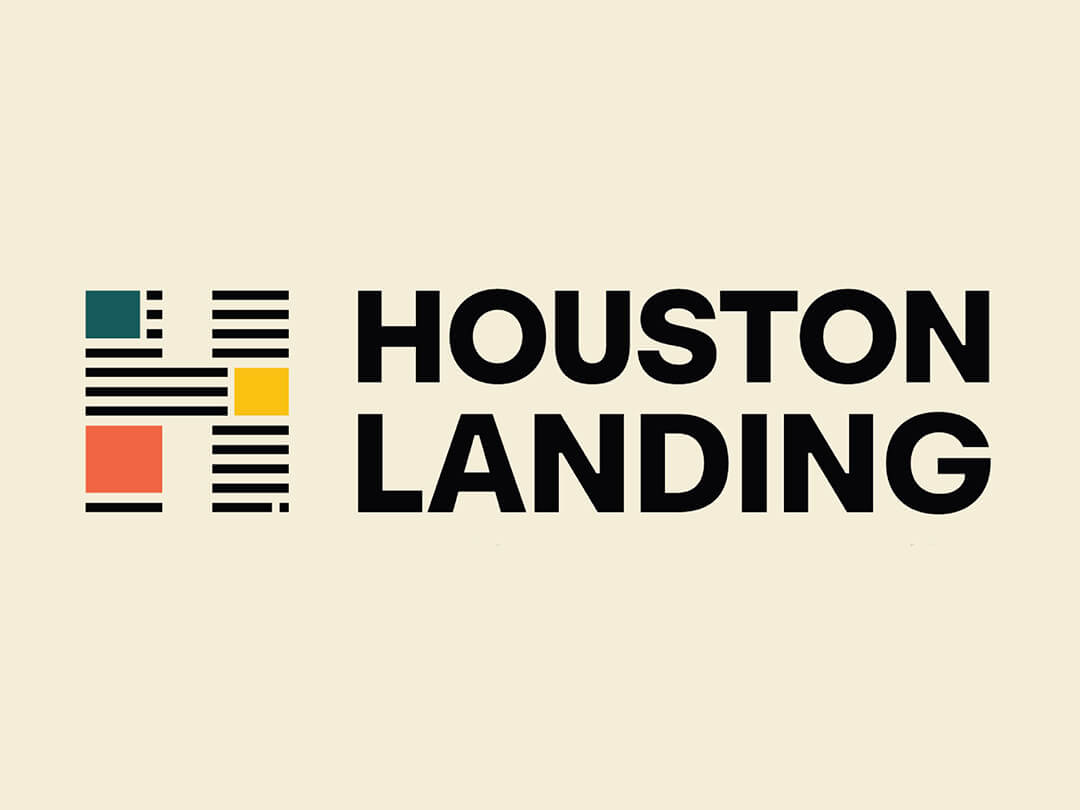I’m overwhelmed by the number of different platforms that journalists use to share information, tips and job notices with each other. There are conferences and symposiums, not to mention Facebook groups and Slack channels and Twitter chats and listservs.
I prefer Twitter to the other mediums: it’s open and accessible. In order to participate in a closed Facebook group or Slack channel or listserv, you have to know that they exist in the first place — which excludes people who are not well-connected to already-existing circles of journalists.
I’m a big fan of getting new voices into journalism and keeping them there. One of the ways to help level the existing playing field is to make sure everyone knows about the groups that already exist. Many of these groups are not well-advertised and are hard to find, particularly if you’re a freelancer or new to the field. So I decided to round up all the ones I know about in one place.
This is not comprehensive. I do not know about every journalism-related social media group that exists.
So, a small ask: Please add any groups you know about in the comments section and I’ll update the list – I’m hoping this turns into a comprehensive guide to the places journalists share information with other journalists online. (And I’m hoping that more journalists decide to make these groups open and routinely post about them. We exclude people from the very moment that we assume they know that the groups exist in the first place.)

Photo by Heather Phillips/Flickr
Twitter:
#wjchat is a Twitter chat for Web journalists that takes place on Wednesdays at 8 p.m. ET. The moderated chat features a weekly guest. To participate, you can follow the hashtag or answer the questions that are posed by using the hashtag #wjchat in your answer.
#pubmedia is the hashtag that people in public media use to post jobs and articles about the profession.
#dfmchat takes place on Wednesdays at noon ET. It’s a chat led by Ivan Lajara from Digital First Media about a journalism-related topic.
If you’re looking for a job, try searching for #journojobs, #mediadiversity + job, and #pubjobs – which should give you, hilariously enough, both jobs in public media and jobs in bars.
Slack:
Go (Digital) Team! is for people working in digital public radio jobs.
News Nerdery is for data journalists and anyone interested in data journalism.
Modern Journo is a group for people who want to talk about journalism.
Facebook:
Groups for Different Beats
Social Journalism: About 2,200 people who work in social media or audience engagement swap tips, job information and information about new social media platforms. (If you work at a Gannett paper, there’s also a closed Facebook group for Gannett social employees.)
Entrepreneurial Journalism Network: Have a vision for a new publication? Want to meet other journalists who think about the business side of things? This is the group for you.
Engaged Journalism is for journalists who think about community and audience engagement.
Society of Environmental Journalists: A discussion group for those who write about the environment; it doesn’t appear to be as active as the outward-facing Facebook group with the same name.
Find a Journalist: A group that connects news organizations with freelancers.
Writing about the Future: The people in this Facebook group likely knew that I was going to write this column several weeks ago. (Ha ha ha.) (Like the name implies, it’s for people who write about the future.)
Block by Block Resource Network: A public group for local news entrepreneurs who’ve launched startups.
Mobile Journalism: People who are interested in how quickly ads load, responsive design and content designed specifically for mobile platforms.
Teaching or Learning Journalism:
Social Journalism Educators: A home for those who teach social media or audience engagement. (ONA Educators is also good — it’s for anyone who teaches journalism.)
Campus Media Hacks is a group for college students who work at their student paper and make data visualizations or code. (And Sounditorium is for college journalism students who work with audio.)
There are also groups for the Boston University Journalism Department (open to all), the Columbia School of Journalism (closed), Berkeley J-School Alums (closed), Columbia J School Freelancers (closed), CUNY J School Social Journalism (closed), Mizzou Convergence Graduates (closed), Mizzou News Managers (closed), and the Mizzou Grads in Public Media (closed).
Public Media:
Journalists of Color in Public Media: A private group for people of color actively working in public media, either as full-time employees or freelancers.
Local Public Radio Hosts: A place for local hosts to share thoughts and content strategies. (Also see All Things Considered Hosts.)
Public Media Women in Leadership: The group is limited to people who identify as women who are working in public media. People post job announcements and strategies for increasing diversity in newsrooms.
Public Media, Public Media Journalists, and Public Media Innovators all pretty much cover the same stuff: what’s going on in public media. To be on the safe side, you have to join all three.
Identity-Specific Groups
Women in News: A group for women who want to discuss “the art and craft of journalism.” There’s also Binders Full of Women Writers, as well as sub-binder groups for news reporters, radio reporters, and lots of other genre and topic-centric groups. (Full list here.) We’re including a link to Out of the Binders here, too, which is the public-facing site. The first links only work if you’re a member.
Native American Journalists Association: the Facebook group for NAJA.
Young Black Journalists: A group for young black journalists to share stories and job listings. (Also see the open page for the National Association of Black Journalists, the closed group for the NABJ Digital Journalism Task Force, and the closed group for black journalists in the Twin Cities.)
Latino Multimedia Communicators welcomes people from all kinds of communication jobs. There’s also the National Association of Hispanic Journalists (open) and the National Association of Hispanic Journalists strategy group (closed.)
There’s also the Diverse Social Media Editors and Digital Journalists list, which is a closed Facebook group that “connect[s] journalists of color with digital training opportunities, resources and jobs.”
Job-Specific Groups:
Digital First Media Journalism Careers: Job Opportunities from Digital First newsrooms.
Photography and Multimedia Internships/Jobs: Internships and jobs related to photography and multimedia.
DC Journalism Jobs: If you’re in DC, there’s a group for that.
Alums:
Want to reminisce? If you’ve ever worked in a newsroom, there are alumni groups for The Burlington County Times, the Emporia Gazetteer, Gannett, the Lawrence Journal-World, The Olympian, New York’s Newsday, NPR, People, The Philadelphia City Paper, The Philadelphia Inquirer, The Times Herald-Record, The Times-Union, and WAMU.
And of course, if you’re deciding on a different career path, there’s always What’s Your Plan B?, a group for journalists helping each other transition out of journalism. (See Kristen’s column from last week on this one.)
(Thank you to Jeannine Hunter, Josh Stearns and Monica Guzman for suggesting sites.)
Editor’s note: We have adjusted the description of Block by Block. We’ve also added a link to Out of the Binders.
Update: Here’s a blog post Melody wrote Wednesday about “Why I Made A List Of Hidden Journalism Groups And What I Learned.”






